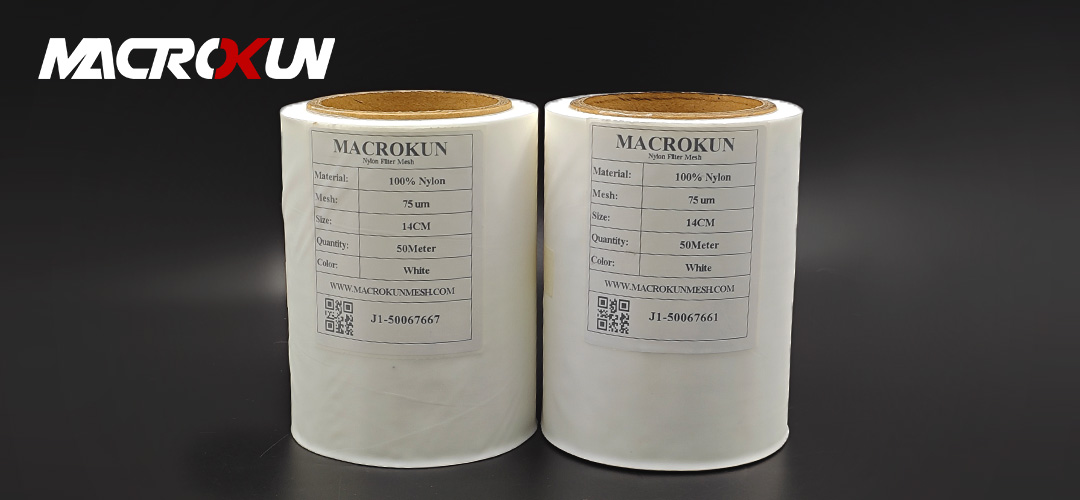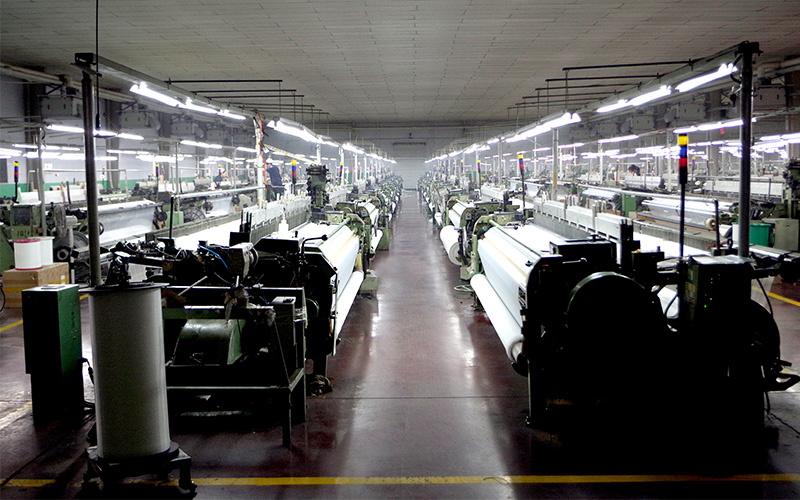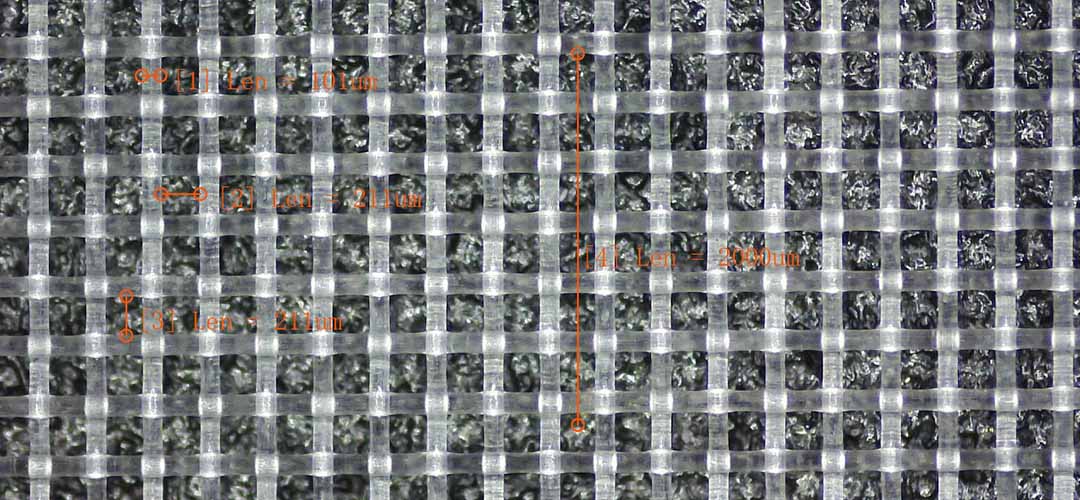When it comes to selecting the right filter material for your needs, nylon mesh is a popular choice for many industries. Nylon mesh offers a wide range of benefits that make it a versatile and effective option for various applications. In this article, we will explore the benefits of using nylon mesh filter material and provide a guide to help you select the right type for your specific requirements.
One of the key benefits of nylon mesh filter material is its durability. Nylon is a strong and resilient material that can withstand high temperatures and harsh chemicals, making it ideal for use in demanding environments. This durability ensures that nylon mesh filters can provide long-lasting performance and reliable filtration for extended periods.
In addition to its durability, nylon mesh filter material is also known for its flexibility. Nylon mesh can be easily customized to meet specific filtration requirements, such as pore size, thickness, and mesh count. This flexibility allows for the creation of filters that are tailored to the unique needs of each application, ensuring optimal performance and efficiency.
Another benefit of using nylon mesh filter material is its excellent chemical resistance. Nylon is resistant to a wide range of chemicals, including acids, bases, and solvents, making it suitable for use in a variety of industries where exposure to corrosive substances is common. This chemical resistance ensures that nylon mesh filters can maintain their integrity and performance even in challenging environments.
Furthermore, nylon mesh filter material is lightweight and easy to handle, making it convenient to work with during installation and maintenance. The lightweight nature of nylon mesh filters also reduces the strain on equipment and machinery, resulting in improved efficiency and reduced downtime.
Nylon mesh filter material is also known for its high flow rates and excellent particle retention capabilities. The open weave structure of nylon mesh allows for efficient filtration of particles while maintaining high flow rates, ensuring that contaminants are effectively removed from the fluid stream without impeding the flow of liquid or gas.
In addition to these benefits, nylon mesh filter material is cost-effective and readily available, making it a practical choice for businesses looking to optimize their filtration processes without breaking the bank. The affordability of nylon mesh filters makes them a cost-effective solution for a wide range of applications, from industrial filtration to water treatment.
In conclusion, nylon mesh filter material offers a range of benefits that make it a versatile and effective option for various filtration applications. Its durability, flexibility, chemical resistance, lightweight nature, high flow rates, and cost-effectiveness make nylon mesh filters a practical choice for businesses looking to improve their filtration processes. By understanding the benefits of nylon mesh filter material and following this guide, you can select the right type of nylon mesh filter for your specific needs and achieve optimal filtration performance.
When it comes to selecting nylon mesh filter material for your specific needs, there are several factors to consider in order to ensure that you choose the right product for your application. Nylon mesh filters are commonly used in a variety of industries, including pharmaceutical, food and beverage, and automotive, due to their durability, flexibility, and chemical resistance. By taking the following factors into account, you can make an informed decision that will meet your filtration requirements.
One of the most important factors to consider when choosing nylon mesh filter material is the mesh size. Mesh size refers to the number of openings per inch in the filter material, and it determines the size of particles that can pass through the filter. The smaller the mesh size, the finer the filtration will be. If you are filtering out very small particles, such as bacteria or fine sediment, you will need a filter material with a smaller mesh size. On the other hand, if you are filtering out larger particles, such as debris or dirt, a larger mesh size may be sufficient.
Another important factor to consider is the mesh weave. Nylon mesh filter material is available in a variety of weave patterns, including plain weave, twill weave, and Dutch weave. Each weave pattern offers different filtration properties, such as flow rate, particle retention, and strength. Plain weave is the most common weave pattern and offers a balanced combination of filtration properties. Twill weave provides a tighter filtration and higher strength, making it suitable for applications that require more durability. Dutch weave has a higher particle retention and is often used for fine filtration.
In addition to mesh size and weave pattern, it is important to consider the micron rating of the nylon mesh filter material. The micron rating indicates the size of particles that the filter can capture, with a lower micron rating indicating a finer filtration. It is important to choose a micron rating that is appropriate for the size of particles you are trying to filter out. For example, if you are filtering out large particles, a filter with a higher micron rating may be sufficient. However, if you are filtering out very small particles, such as viruses or bacteria, you will need a filter with a lower micron rating.

Furthermore, the chemical compatibility of the nylon mesh filter material is an important factor to consider. Nylon is known for its chemical resistance, but it is still important to ensure that the filter material is compatible with the chemicals present in your application. Some chemicals can degrade nylon over time, leading to a decrease in filtration efficiency. It is important to consult with the manufacturer of the filter material to ensure that it is compatible with the chemicals in your application.
In conclusion, selecting the right nylon mesh filter material for your needs requires careful consideration of factors such as mesh size, weave pattern, micron rating, and chemical compatibility. By taking these factors into account, you can choose a filter material that will provide the filtration properties you require for your specific application. Consulting with a filter material manufacturer can also help ensure that you make an informed decision.
Nylon mesh filter material is a versatile and durable option for a wide range of applications. From industrial filtration to medical devices, nylon mesh offers excellent performance and reliability. When selecting nylon mesh filter material for your specific needs, it is important to consider the application requirements and desired performance characteristics.
One common application of nylon mesh filter material is in the food and beverage industry. Nylon mesh filters are used to remove impurities and contaminants from liquids such as juices, oils, and syrups. The fine mesh size of nylon filters ensures that even the smallest particles are captured, resulting in a clean and pure final product. Additionally, nylon mesh is resistant to chemicals and can withstand high temperatures, making it an ideal choice for food and beverage processing.

Another popular use of nylon mesh filter material is in the pharmaceutical industry. Nylon filters are commonly used to remove bacteria and other microorganisms from liquids and gases in pharmaceutical manufacturing processes. The high strength and durability of nylon mesh make it a reliable option for critical filtration applications where product purity is essential. Additionally, nylon filters can be sterilized and reused, making them a cost-effective choice for pharmaceutical companies.
In the automotive industry, nylon mesh filter material is used in air and oil filtration systems. Nylon filters are able to capture dirt, debris, and other contaminants from engine oil and air intake systems, ensuring optimal performance and longevity of automotive engines. The flexibility and ease of customization of nylon mesh filters make them a popular choice for automotive manufacturers looking to improve the efficiency and reliability of their filtration systems.

For industrial applications such as water treatment and chemical processing, nylon mesh filter material is an excellent choice due to its chemical resistance and high flow rates. Nylon filters can effectively remove impurities and particulates from water and chemicals, ensuring that the final product meets quality standards and regulatory requirements. Additionally, nylon mesh filters can be easily cleaned and reused, reducing maintenance costs and downtime in industrial processes.
When selecting nylon mesh filter material for your specific needs, it is important to consider the mesh size, pore size, and material thickness. The mesh size determines the filtration efficiency of the filter, with smaller mesh sizes capturing finer particles. The pore size of the filter material also plays a crucial role in determining the filtration performance, with smaller pore sizes providing better particle retention.
In conclusion, nylon mesh filter material is a versatile and reliable option for a wide range of applications. Whether you are in the food and beverage industry, pharmaceutical manufacturing, automotive engineering, or industrial processing, nylon filters can provide the filtration performance and durability you need. By considering the application requirements and desired performance characteristics, you can select the right nylon mesh filter material for your specific needs.
Pre: When to Use Polyester Nylon Filter Mesh for Industrial Tasks
Next: Why Nylon Mesh Filter Discs Are Perfect for Compact Filtration

MACROKUN has established long-term and stable cooperative relations with many transportation companies such as China Post, DHL, FEDEX, USPS, UPS, etc. Of course, MACROKUN can also provide air and sea transportation. The powerful logistics system enables all MACROKUN'S Printing Mesh, Filter Mesh and Filter Bags and so on to be easily and efficiently transported to any place. For quotes and inquiries, please email our sales team.





